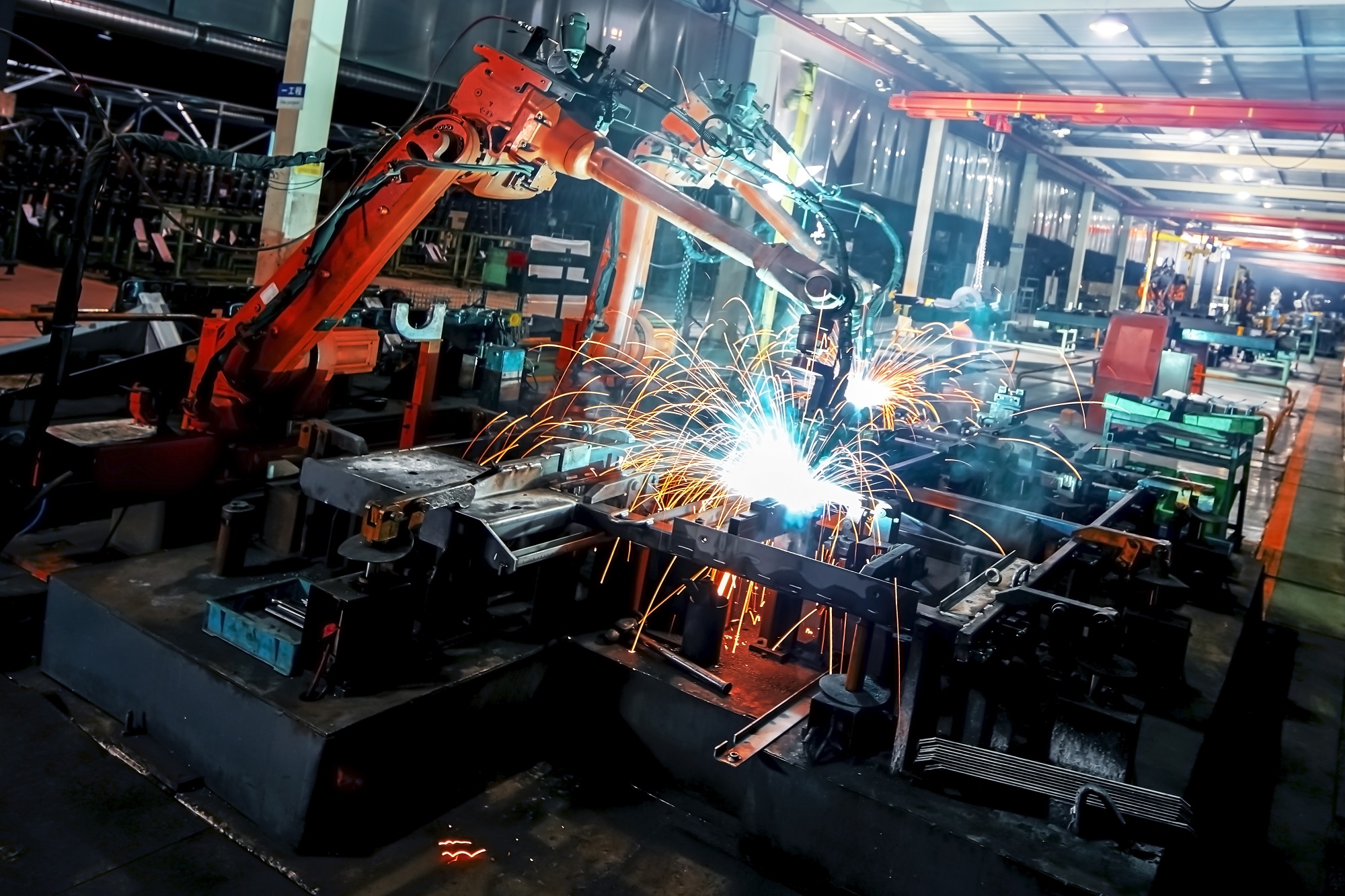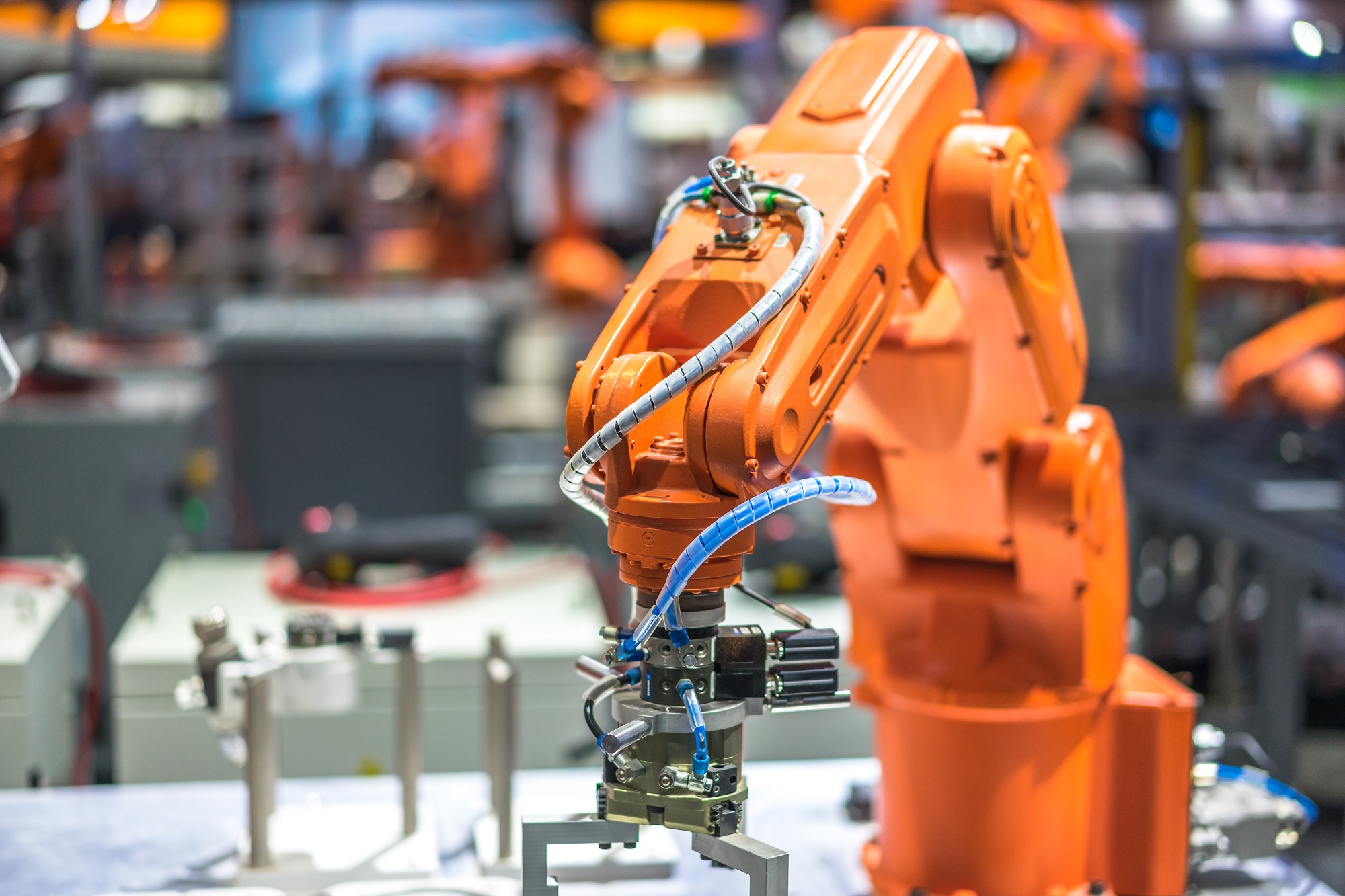
Automated factories in Poland
Automation of production processes is the future of modern industry. An automated factory equipped with intelligent robots is the best way to improve economic indicators and reduce production costs for the entire enterprise.
Table of Contents
- Development dynamics of the automation of production processes
- Volkswagen factory in Poznań
- Fiat factory in Tychy
- Opel plant in Gliwice
1. Development dynamics of the automation of production processes
The ever-increasing competition means that the automation of production processes will gain momentum in the coming years. Technology to streamline production processes came to Poland from Western Europe, the United States and Japan. Engineers coming from these parts of the world have contributed significantly to the development of mechanization and automation. There are already factories in Poland using these state-of-the-art industrial solutions. As for industrial robots, both in our country and in other European countries, their largest customer is the automotive industry.

2. Volkswagen factory in Poznań
The Poznan plant manufactures vans and trucks, as well as passenger cars based on utility versions. The factory is also a manufacturer of castings. Currently, the Volkswagen models produced there are Caddy and Transporter. After the plant’s expansion over the past two years, most of the investments in preparation for the production of the new model have recently been completed. For the production of the latest generation of cars, the welding shop was expanded, and a new logistics hall was built, as well as the factory grounds were integrated. The company has invested more than 2 billion zlotys over the past few years to prepare and adapt production lines to build the next car models. Some 450 new robots have been installed, bringing the automation level of the car body production process to over 80%. Among other things, the plant uses industrial robots manufactured by a German company called KUKA. The joining of chassis components is carried out using robotic welding using the Metal Active Gas (MAG) method. As of January 1, 2018, the Poznań factory can boast that it is powered by 100% green electricity.
3. Fiat factory in Tychy
The main car model manufactured in Tychy is the Fiat 500. Over the past 14 years, about 2.5 million units of this model have been produced here. This fact makes it the most popular car in the history of the Tychy production plant. In 2018, the factory produced 259,500 cars, and in 2019, 263,200. In 2020, there was a drop in production due to the pandemic and the associated three-month shutdown in the face of falling demand for cars. The factory produced 173.9 thousand units then. These figures make the plant one of the largest of the entire Stellantis automotive group. The vast majority of the car assembly process is carried out by state-of-the-art robots. The entire production process of one car takes about twelve technological hours. In the injection molding department, components made of plastic are created in a fully automated manner using ENGEL Group machines.
4. Opel plant in Gliwice
Nearly a hundred cities from all over the world competed for the construction of the world’s most modern factory of the American corporation General Motors in the 1990s. Eventually, the decision was made to build the factory in Gliwice, which was determined by a number of socio-economic factors. The scale of the investment, as well as the international prestige that accompanied it, attracted further investors. This had a very positive impact on the economy of the entire region. From the very beginning, the production plant became a leader and promoter of production management, innovation and safety solutions. At first, admittedly, everything was done with human hands. After some time, ABB robots appeared on the production line. Their job was to seal the chassis, while workers finished these operations. Today, the plant has developed to such an extent that both the chassis and the body of the cars are made almost entirely automatically. The Gliwice plant, thanks to its modern infrastructure and technology, is one of the best production units among the entire General Motors group in terms of energy consumption. This is also influenced by continuously implemented environmental projects on optimizing energy management.

